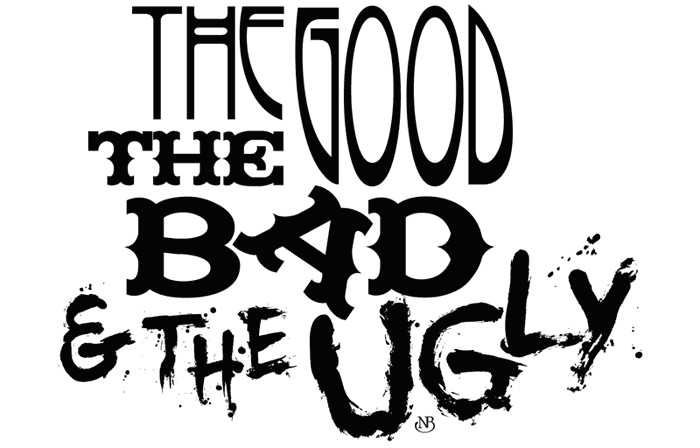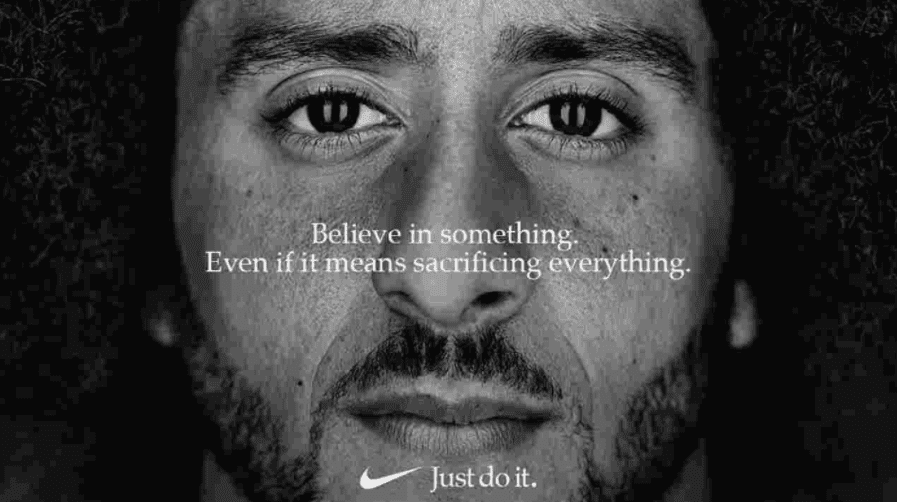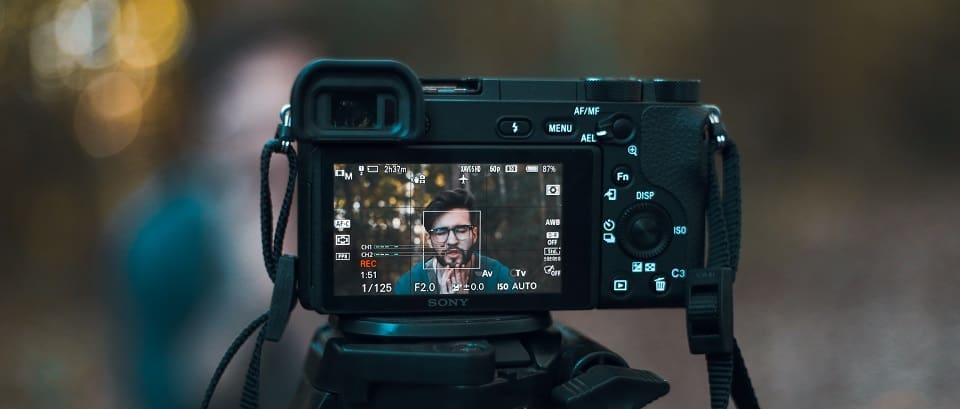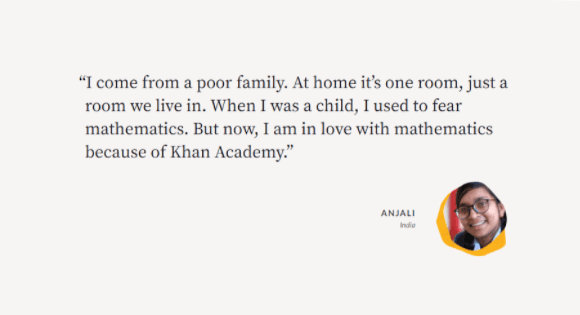It’s hard to believe that, only a decade ago, social media was little more than a budding trend. Sure, there were websites such as Friendster and MySpace that had a decent level of adoption, but the population as a whole had not come around to it yet.
Back in 2005, Facebook was still in it’s early stages of its spread across the world. Heck, I was signed up for it back then, but didn’t really see the point until a few years later. Twitter appeared around that time, but a lot of us saw it as a pointless lifecasting toy. LinkedIn was essentially a digital resume and, for some of us, a pseudo-Rolodex. And Google+ didn’t even come on the scene until 2011, followed later by Pinterest and other platforms.
Fast forward to 2014, and social media has become not only a key part of the modern lifestyle, but a useful marketing channel for businesses of all sizes. Yesterday, a friend commented (on Facebook of course) that her elementary age kids were stunned to know that phones were only used for conversations a few years ago. They were dumbfounded to hear that we didn’t even carry phones with us 15-20 years ago.
This tells me that everything has officially and permanently changed. There is a generation of kids coming up (mine included) who can’t even conceive of a world without smart phones and social networking. It has officially embedded itself in our culture.
As someone who spends nearly every waking hour connected in some way, including both personal and business, this really hits home for me. Let’s look at ways that social media improves our life experience, and also a few ways that it uncovers a few of the more unsightly parts of humanity. Surely you’ll agree on at least some if not all of them.
Has Social Media REALLY Changed Us?
The answer is a resounding “Yes!”
I’ll do a deeper dive below, but a lot of sources are talking about how it has offered a great way to build community, new channels for expression, and morphed our communications habits significantly.
Of course, it also comes with open season for people to be bullied online, and unrealistic standards of beauty, behavior, and overall image (Think Instagram models making young girls feel like they have to be more attractive than they already are).
On a larger scale, it makes information available to everyone all the time. This can be good, like for marketing teams to spread the brand promises and messaging, or bad, where fake news and political conspiracy theories spread like wildfire.
So yes, it connects us to more people and sources and helps us find information with a simple click, but the misinformation, megaphone for the loudest sources of misinformation, and potential threats to privacy (like the constant worries about Facebook’s use of our data) are all things that should make us take pause.
Let’s dig into some of these more deeply now.
Social Media: The Good
Before I cover the “Bad,” let’s start by appreciating the things social media has done to add to our lives. Here are some of the better things I’ve observed.
Immediate Access to Information
Given all the consolidation of media companies in the United States, it is pretty easy to question whether the news we get from the major media is the full story or not. After all, it’s not a rare occasion to hear more about the latest Kardashian scandal or celebrity death than a political uprising in Turkey or elsewhere in the world.
One of the things that attracted me personally to Twitter was the immediate access to other sources of information. Back when the government raided Osama Bin Laden’s fortress in Pakistan, there was a nearby citizen live tweeting his observations of the whole situation through the night. I was out at an event that evening, and learned of it pretty soon after news broke domestically, directly from my contacts on Twitter.
Social media is also very helpful for expanding our sources of content as a whole. With so much being blogged and written, then curated and shared proactively, the volume of content has grown exponentially. Now, there is no shortage of viewpoints and sources from which we can draw our own conclusions about what is really happening in the world. It’s less important to have a news team interpret it on our behalf.
Pervasive Connectivity To Others
I remember the days of phones with old style dials. We didn’t even have answering machines back then. If you called someone and they didn’t answer the phone, you had to call back and try to catch them in real time.
When a call came in, there was no caller ID. You just picked it up and said, “Hello.” It was sometimes hard to catch up to people, so you had to hand write and send a letter to communicate when you were both leading busy lives.
Today, if you can’t catch someone on the phone, you can leave a voice mail or send a text. Or even better, tweet, Facebook message, or touch base in some other means. You can see what others are doing within seconds of them doing it, assuming they share it on a social network of some sort. It’s not hard to catch up with someone if they want you to find them. Kids have no idea how convenient this is in our daily lives (privacy concerns aside).
Globalized Voices
Similar to the phone situation I just spelled out, it was extremely difficult to access a globally reaching platform where one could share their opinions or findings back a mere 25 years ago. I recall in the early 1990s where it was a huge deal to send in a letter to the editor to a local newspaper, and have them actually decide to include the letter in the paper.
Today, all we have to do is login to our platform of choice. We can rant, rave, kumbaya, tell jokes, share images, and generally mix and mingle to our heart’s content. For those of us who can write, it takes only a couple of minutes to create a new blog and start putting our thoughts into words. And those thoughts could grow legs of their own once the social sphere grabs hold of them.
It is far easier to do something remarkable and noticeable, and have it reach people across the planet, than it has been at any time in our history. We now have truly globalized voices. What a privilege!
Here’s one that originated on Twitter and eventually made its way out to the other social networks. Hashtags served a very important purpose on Twitter in the early days – you could create one tied to a specific trend, event, or topic, and filter out everything that didn’t relate to the hashtag.
This was great for allowing a completely unstructured app like Twitter to enable focused conversation. It’s amazing how people will find answers to problems or needs on their own, and make the most of a platform. This was the beauty of Twitter – it was powerful in that you could take its simplicity (140 characters of whatever you wanted to post) and tailor the experience to your own preferences.
Now, hashtags have grown into a phenomenon of their own. Some people use them for snark, others use them in the traditional way, and still others have been experimenting with completely new ways of applying hashtags. Since they operate almost like keywords for social media, they’ve truly become part of the culture of online discussions.
More Level Playing Field for Business
Some may argue this point, but by providing us with global reach for our voices, social networks enable businesses across the world to amplify their message in a way never thought possible only a decade or two ago.
In the old days, mass media ruled. A company had to pony up thousands or even millions of dollars to be heard in most cases. Very large companies with deep pockets ruled the roost. Only those businesses could afford to have wider reach.
Now, a small company can achieve global reach within days of launching their business when the cards fall right. Perhaps it’s via an ingenious video, by sharing opinions that resonate and haven’t been stated in the past, or creating new knowledge that spreads like wildfire. Maybe it’s by simply sharing the business concept and bigger voices latching onto it. In any case, social media has provided a means to have a voice on par with the big dogs for everyone, including the smallest startups or “Mom & Pop” businesses.
Social Media: The Bad
It would be short-sighted to only highlight the good from social media if I want to stay grounded in reality. Now here are som eof the things that make me want to close the browser window and move on.
Selfies
I know, it’s been mocked and made fun of ad nauseum – the selfie. No matter whether it’s because of a shirtless guy flexing in front of a mirror, girls making abominable duck faces, or people with bad judgment taking selfies in front of natural disasters or sunbathing with their grandmother’s ashes, we’re stuck with them.
I get why so many selfies make their way out onto the social networks. Phones come with high res cameras now. Computers have webcams where it’s easy to take a snapshot. You don’t even need anyone present to catch a picture from the top of Mount “Amazing-est View in the World.”
But really, it’s not hard to ask some friendly passer-by to take a picture if you really want one. Everyone can see right through your humble brag about the cool places you’re visiting or the awesome people you are hanging out with. If you aim to post selfies, please, PLEASE take at least a moment to consider whether it will come across as narcissistic. In many cases, it will. And those are times to resist the urge. Especially if posting to a business page or Twitter account.
Political Tirades
I have to admit; this one managed to suck me into it’s tractor beam during the most recent presidential election. I found myself engaged in many a “debate.” Looking back, that’s something I don’t plan to allow again.
When it comes to politics, religion, or any other very personal area of life, discussion gets contentious almost immediately. If you have a different belief system from someone else, you are both more likely to fight to defend it rather than cave to the other side of the argument. These are very delicate topics, and it’s too easy for the conversation to devolve into personal attacks and negative judgments of each others’ characters.
I avoid them now. It’s simply not worth losing a friend or colleague over what stacks up to be nothing more than a difference of opinion. Regardless of how those with the other opinion are depicted by the media. Social media is meant to be social, not a boxing rink. Everyone is happier when it stays that way.
Hiding Behind Anonymity
Although it is getting harder to shield your identity these days, anonymity has been a key piece of the internet since its early days. It’s amazing to see how people behave when their true identity is masked.
Now we have everything from outright trolls to habitual pranksters. This is the kind of behavior that makes the whole internet, and particularly social media, less productive and enjoyable for all. If you want to say something and are afraid to have anyone know you said it, perhaps you should buck up and use common sense before putting it out there. Being offensive anonymously is not only cowardly, it shows a lack of character. We should all be better than that.
All Talk, No Action
In recent years, we’ve seen a ton of hashtag activists and similar behaviors across social media (most recently, the ALS Ice Bucket Challenge). It has become a trend to take a selfie (double whammy) holding a sign with a political or social message on it, and a new hashtag of course. Or take a video in the case of the Ice Bucket Challenge. The idea is to get likes and shares on the picture or video, or challenge others to take part, aiming to have a message spread.
While that’s fine in concept, hashtag activism is all talk. If an issue is important enough to take action, why not take real action? Facebook is crawling with people ready to go to social media war with anyone on a topic they care about, but what else are they doing to fix the problem? Venting on social media doesn’t fix a thing; it just stirs the pot.
There are plenty of charities and volunteer opportunities available. Rather than get spun up on Facebook, go give back on the weekend, or make a donation without taking part in a random stunt. Not only will it make a real difference, but it will make you feel better inside. And in the end, isn’t that part of the story anyway?
Ignorance Amplified
The ugly underbelly of ignorance is easy to ignore while you’re going about your everday life. But on Twitter, it’s all over the place. There have been many blog posts highlighting hateful, misinformed, or just plain confusing and delusional tweets at various times in the past.
It would be easy to laugh at this, but it’s also important to realize that this stuff is really going on out there. The world is not a perfect place, that’s a fact. If something is ignorant and it offends you, sharing it to express that outrage just amplifies the message further.
Like the adage goes: “Don’t feed the trolls.” The more attention you give to this behavior, the more the person spewing it feels compelled to continue the behavior. Let’s focus our attention on the positive sometimes, because the negative gets old and tired, doesn’t it?
Summary
I love social media. As with any communication medium, it comes with its ups and downs, pros and cons. Overall, I truly believe it makes the world a better place in many ways. It also gives a platform to some less savory behaviors and opinions. Each to his/her own, I suppose.
What about you? What else about social media has changed your life for the better? Did I miss any huge negatives that you see? Do you think the world is better or worse off with social networks?
Feature Image Sourced Under Creative Commons Attribution License from Deviant Art User ExFish.
Tommy Landry
Latest posts by Tommy Landry (see all)
- Black Hat AEO Is Here: Google AI Overview Manipulation Is Happening - February 24, 2026
- Where AI Introduces Risk Into Revenue Planning - February 19, 2026
- AI Is Already Influencing Your Forecasting. Do You Know Where? - February 18, 2026





